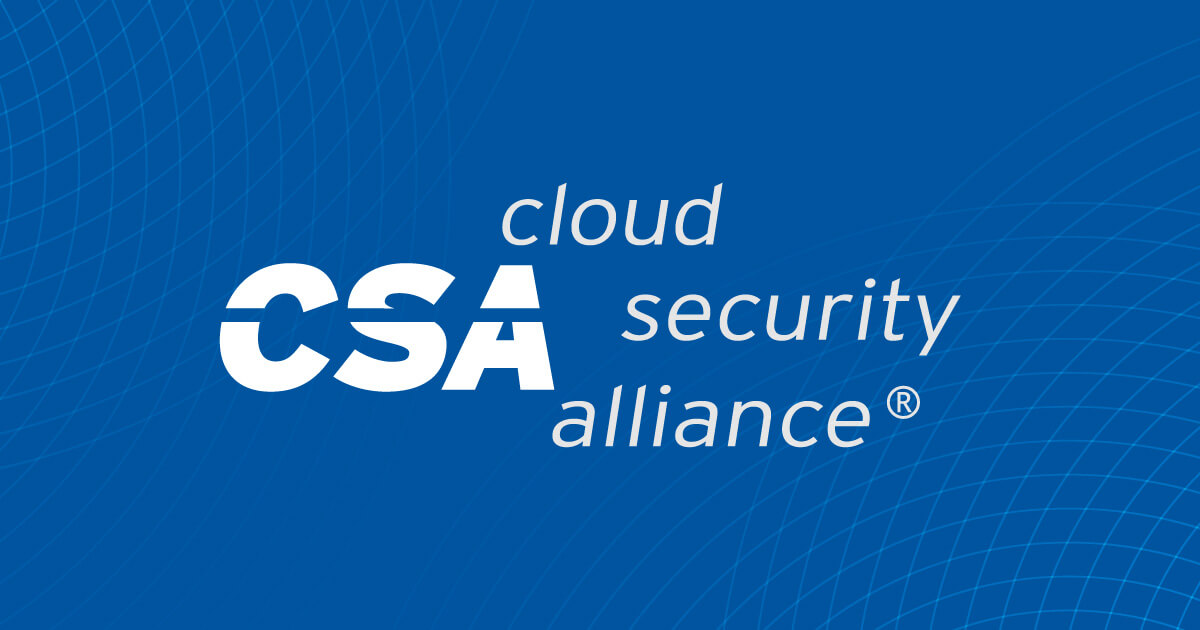Sponsored: Why you're probably doing Zero Trust wrong
In this sponsored podcast Patrick Gray chats with Knocknoc CEO Adam Pointon about why true Zero Trust architectures never really got there. Spinning up ZTNA access to core applications and slapping SSO prompts on everything else is great, but if we're honest, it's not really Zero Trust. So, how and why did we get here?





